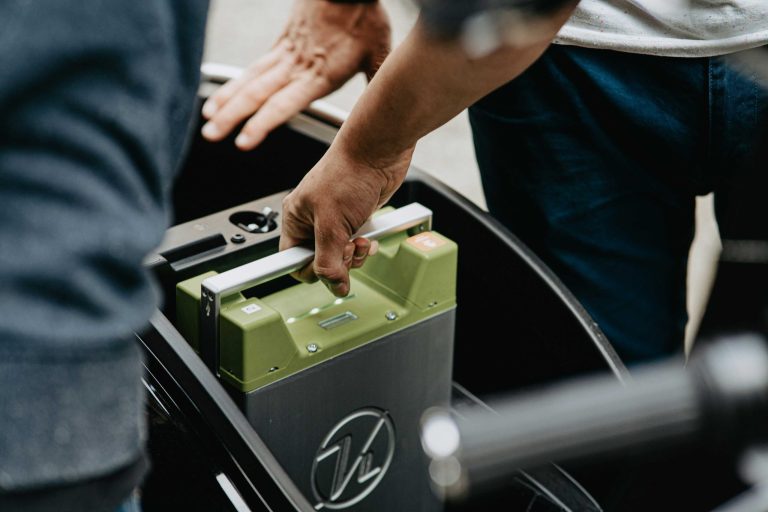A new chemical compound similar to minerals found in alkaline rocks has been discovered at Tokyo University of Science, potentially revolutionizing solid-state batteries for electric vehicles (EVs). This pyrochlore-type oxyfluoride, replacing sulfides as the electrolyte conductor, promises exceptional conductivity even at elevated temperatures.
Researchers at Tokyo University of Science have identified a pyrochlore-type conductor that resolves a significant issue affecting other commonly studied types. Unlike sulfides, this new formula does not produce toxic hydrogen sulfide when exposed to air moisture, as detailed in a recent study published in Chemistry of Materials by ACS Publications.
Superior performance in challenging conditions
The newly developed material exhibits higher ionic conductivity and greater stability in air compared to previously reported oxide solid electrolytes. These characteristics make it a promising component for all-solid-state lithium-ion batteries, potentially offering higher energy density and lower fire risk—key advantages for the EV industry.
Solid-state batteries differ from traditional lithium-ion packs by employing a solid rather than liquid electrolyte, crucial for ion movement between the anode and cathode during operation. The Tokyo research team and other experts believe these batteries could revolutionize the EV industry.
Advanced tests, including X-ray diffraction, have confirmed the superior conductivity of the pyrochlore electrolyte compared to known oxide solid electrolytes. It demonstrates robust performance across a wide temperature range, from 14 to 212 degrees Fahrenheit, outperforming standard lithium-ion batteries typically optimized between 32 and 140 degrees Fahrenheit.
Impact on electric vehicle adoption
If successfully integrated into EV batteries, the Tokyo team’s electrolyte could accelerate the adoption of cleaner vehicles. Global EV sales surged by 25% in the first quarter of the year, surpassing 3 million units, according to the International Energy Agency.
EV owners stand to benefit economically, potentially qualifying for up to $7,500 in tax incentives and saving about $1,500 annually on fuel and maintenance costs. Moreover, EVs emit significantly less CO2 and reduce toxic emissions compared to gasoline vehicles, offering environmental and public health benefits.
Tokyo researchers are optimistic about further research and the potential of this material to advance battery technology significantly.
The post Advancements in lithium-ion batteries: Scientists make game-changing breakthrough appeared first on Invezz

